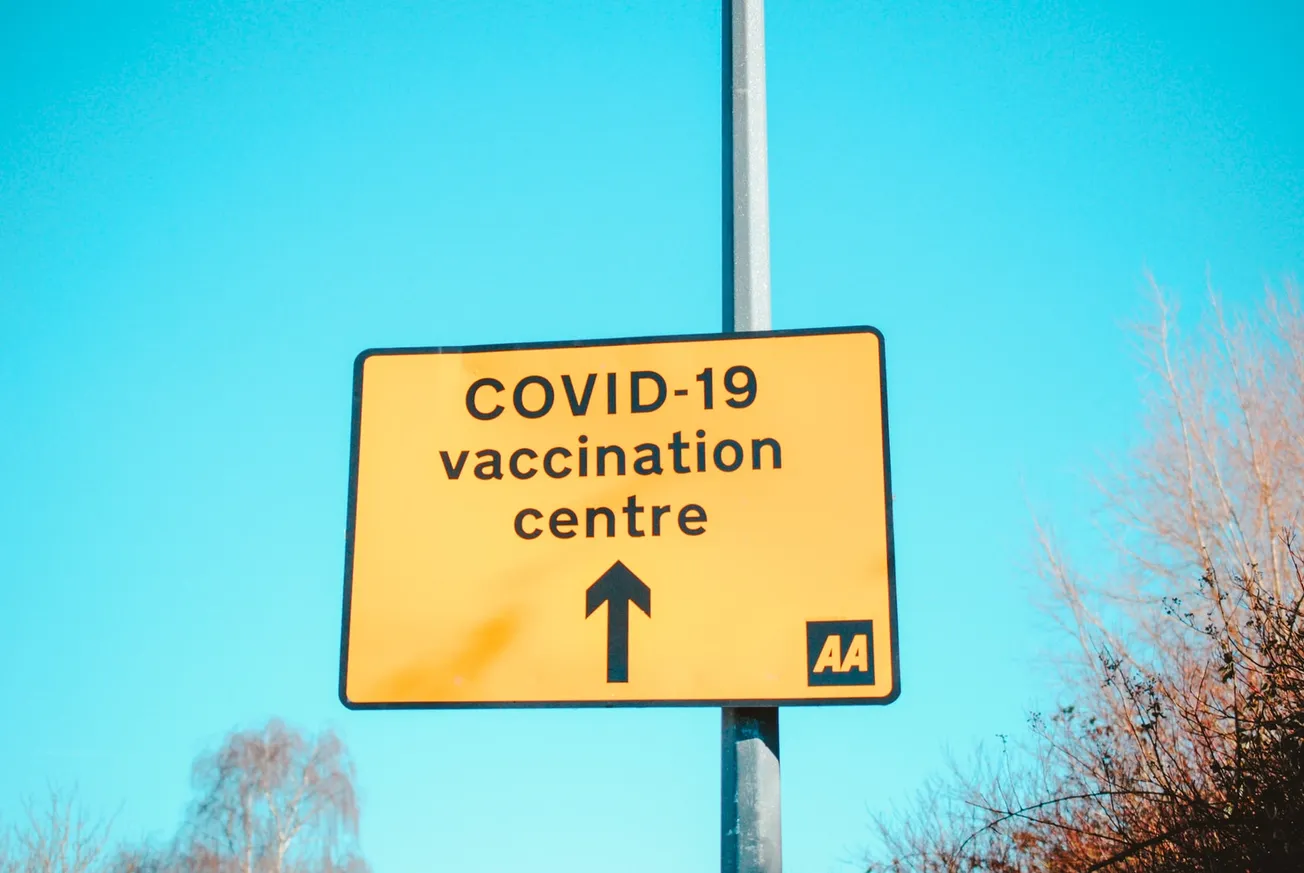Table of Contents
COCAAR
Doug Graham
About COCAAR
COCAAR has been created to:
- advocate and achieve REAL change to all the legislation and the rules that govern the Family Court process in New Zealand;
- to provide support and assistance to those who need to use the Family Justice process;
- advocate for the rights of children and their parents.
The UK and USA have not fully approved the Pzifer vaccine
for children – why has New Zealand? The New Zealand Government has pushed ahead with the mass vaccination of children aged 12 to 16 when the UK Joint Committee on Vaccination and Immunisation (JCVI) has recommended not to.
The JCVI which makes recommendations to the UK Government has stated
“that the health benefits from vaccination are marginally greater than the potential known harms. However, the margin of benefit is considered too small to support universal vaccination of healthy 12 to 15-year-olds at this time”.
Even the recent FDA full approval of the Pzifer vaccine did not include under 16-year-olds because of “insufficient data.” What safety and efficacy data does NZ’s vaccine approval authorities e.g. the COVID-19
Vaccine Technical Advisory Group (CV TAG) and Medsafe have that the JCVI and FDA doesn’t?
It is understandable that the JCVI has not recommended vaccinating under 16’s as there has been only limited blinded randomised control trials beyond Phase 1 for any vaccine for this cohort. Nor has there been sufficient longitudinal studies over time that would allay any long term safety concerns. That uncertainty alongside the low risk of serious illness to healthy children from catching Covid-19 does not warrant mass vaccinating children. There is already evidence of serious adverse effects from Covid-19 vaccination in children in the short term hence the JCVI recommendation.
As the JCVI said in their 3 September 2021 press release
“When deciding on childhood immunisations, the JCVI has consistently maintained that the main focus should be the benefits to children themselves, balanced against any potential harmsto them from vaccination. As longer-term data on potential adverse reactions accumulates, greater certainty may allow for a reconsideration of the benefits and harms. This data may not beavailable for several months.”
The JCVI made specific mention of “There is evidence of an association between mRNA COVID-19 vaccines and myocarditis. This is an extremely rare adverse event. The medium- to long-term effects are unknown and long-term follow-up is being conducted”. Recent studies show that the JCVI caution may be warranted
Further given the lack of published data supporting the decisions of the MOH, CV TAG or Medsafe it is impossible to give informed consent either as a parent or a child. It is inconceivable that a 12-year-old child in the absence of parental consent can fully understand the risks and benefits of the Covid-19 vaccine. Yet a 12-year-old in New Zealand can by themselves now make an appointment online for a vaccination and if deemed “mature enough to make an informed decision” can be
vaccinated without parental consent or knowledge.
If the Government is to continue to actively promote and encourage children to be vaccinated then they need to publish the safety and efficacy data for widespread examination. They also need to state what liability the Government will accept in the event that adverse effects occur in the long term.
Doug Graham, spokesperson for the children’s advocacy group COCAAR said “The Government needs to openly and transparently publish the data on which the decision to vaccinate children under 16 was made. As it stands it appears that the only motivation for doing so is to try and attain a higher vaccination rate at the expense of the long term safety of children.”
“Without this information, parents can’t be expected to make an informed consent to vaccinate their children and if they can’t, then it is ludicrous to suggest that a 12 year old child can unilaterally do so”, said Mr Graham. “Further the Government should be focussing its campaign on vaccinating adults and children who have underlying
health issues, not healthy children who are not at risk from serious Covid-19 illness.”
Mr Graham also said, “The NZ Government should make a clear and unequivocal policy announcement regarding what liability they will cover for any serious health issues that may arise in the future that is connected to the current mass vaccination of children.”
In summary, the Government does not have sufficient long term safety and efficacy data for the Pzifer vaccine to approve the mass vaccination of children under 16 years of age. Subsequently, vaccination of this cohort should stop until such data is freely available or at the very least children under 16 should not be allowed to be vaccinated without parental consent.
Finally, if the Government remains committed to this course of action it should publicly state what level of long term liability they will fund having accepted this liability on behalf of the vaccine Pzifer.
Please share this BFD article so others can discover The BFD.









